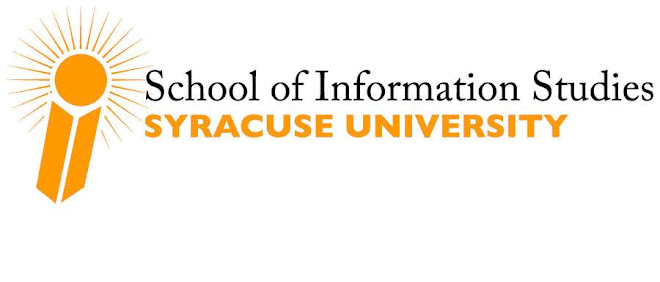Today, the biggest challenge to people is not finding access to information, but rather it is filtering an ever-increasing abundance of information. "We're facing a serious problem of too much information," Elzabeth D. Liddy, dean of the iSchool at Syracuse, said in her keynote address February 28 at the iConference 2008 on the UCLA campus. "In this world, it takes too much time and attention to find the right information." Liddy described how her research in natural language processing at Syracuse University is helping to make search engines and similar technologies smarter.
The most common nouns in the English language each have approximately seven different meanings, and a verb typically has 11 possible senses. How then can a search engine know which meaning of the word we're seeking to find? How do we find an unbiased way to tag or filter information to yield better search results?
Liddy and her fellow researchers at Syracuse are investigating multiple ways to answers those questions by improving access to, and the retrieval of, information. Some of these include:
- Search
- Question answering
- Information extraction
- Text mining
- Summarization
- Automatic metadata generation
- Content analysis in the humanities and social sciences
Challenges for the future of natural language processing include understanding how social and cultural contexts effect language and word meaning, and how to "read between the lines" and discerning connotative meanings.


No comments:
Post a Comment